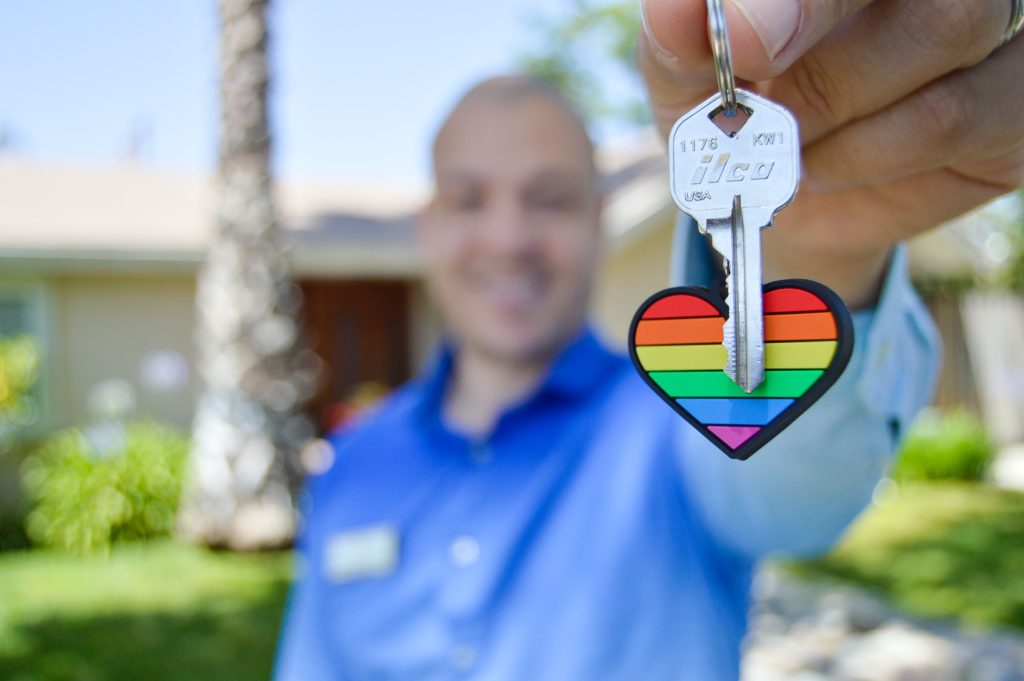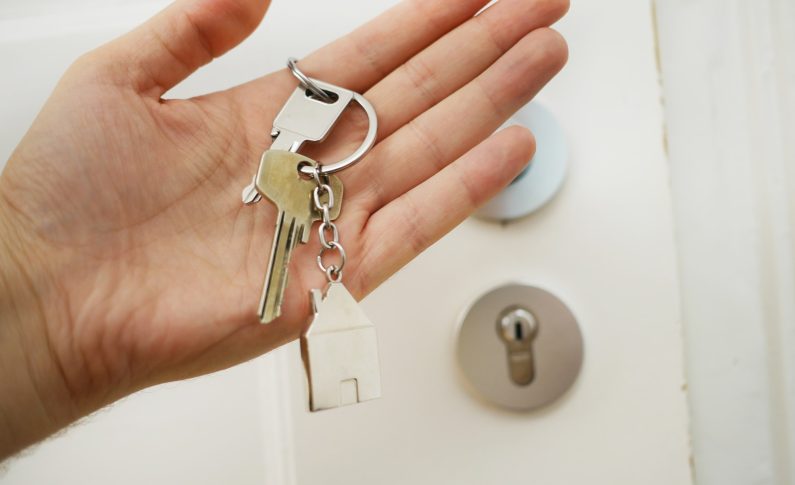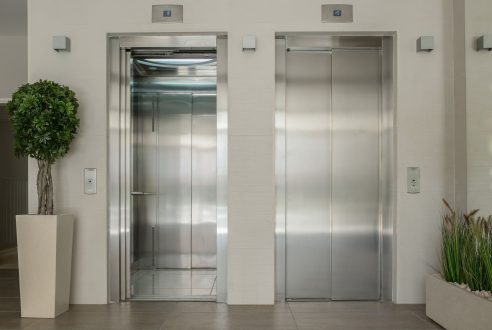Subletting is something that most of us aren’t aware of. Usually, when you rent an apartment, you have rights, and your landlord cannot encroach on your privacy. However, the landlord also has rights, and their agreement is sometimes necessary for certain situations! This is precisely the case of what interests us here, namely, subletting.
Yes, everything is not so simple. When you rent an apartment, there are rules to follow! Many of you have probably heard of subletting. However, do you know what it is and what rules to follow? If you’re wondering, you’ve come to the right place! By reading this article, subletting will have no more secrets for you!
1. What exactly is subletting?

You have probably already seen subletting ads on the different housing platforms present on the internet. But do you know what it consists of? To put it simply, subletting allows a third party to come and live in an apartment or a house that you rent to an owner.
Of course, in exchange for this service, there must be financial compensation. In other words, a tenant who sublets his home must receive a sum of money representing rent. So, if you want to make your apartment available to a friend or family member, this is not a sublease!
2. Is subletting legal?
Many of you are asking this question! In concrete terms, article 8 of the law of July 6, 1989, specifies that a tenant is prohibited from subletting a dwelling when it represents their primary residence. However, this same law provides a nuance! Indeed, it is forbidden to sublet your apartment unless you have written authorization from your landlord.
You will therefore be faced with two possibilities. In the first case, your landlord gives you his agreement and specifies it in writing in a sublease contract. The landlord defines the terms of the sublease and also decides on the amount of the rent so that it does not exceed the amount of the tenant’s rent. In the second case, your landlord refuses the sublease. Since it is his apartment, the decision is his, and he is not obliged to explain the reason for his refusal.
3. What are the risks of subletting without the landlord’s consent?

If you sublet your apartment without your landlord’s permission, you are in an illegal situation and may be subject to penalties. First of all, if you decide to exceed your landlord’s prohibition, your landlord can simply terminate your lease. In addition, the landlord may also demand damages.
However, this assumes that the landlord has had the infraction noted by a bailiff and has sent a summons to respect the clauses of the lease. In any case, be careful! Make sure you have the written agreement of your landlord before offering your accommodation for subletting.
As for the sub-tenant engaged in an illegal rental, they are not bound by any contract and can leave the accommodation at any time, as they are considered an occupant without right or title. Moreover, they risk being evicted by the owner at any time!
4. What are the obligations of a tenant who sublets his accommodation?
Naturally, any person wishing to sublet their accommodation must abide by a certain number of rules and obligations. To begin with, they must respect the terms of the contract drawn up by the owner. Then, the tenant must declare the rents received by the sub-tenant to the taxes. If the subletting takes place in an empty dwelling, the declared rents will enter the category “non-commercial profits”. On the other hand, if the subletting takes place in a furnished apartment, in this case, the rents will have to be declared in the category “Industrial and commercial income”.
But don’t panic! It is possible to obtain a tax exemption as long as the rent you receive does not exceed a certain amount, depending on the state you live in. However, be careful! In order to benefit from this exemption, it is imperative that the sublet accommodation is the primary residence of the sub-tenant.
Furthermore, in most large cities such as New York, the subletting of a principal residence as a seasonal rental cannot exceed 4 months per year. In the case of a seasonal sublet, remember to make a declaration to your city hall.
5. What do I need to know about subletting?

Many of you don’t know this, but if you sublet your apartment, you are responsible for any unpaid rent from your subtenant. Also, the subtenant has no relationship with the owner of the property. Therefore, if the apartment needs some work, the sub-tenant will first have to go through the tenant.
In this context, the steps can be quite long to put in place because of all these intermediaries. Therefore, the owner must be informed of your presence on the premises to avoid any complications. But that’s not all! If you wish to sublet an apartment, check the date of the end of the lease of the tenant who is subletting.
Indeed, you should know that a sublease contract ends at the same time as the lease of the primary tenant. As you can see, if the tenant decides to leave the apartment, the sub-tenant will, unfortunately, have to do the same without any notice period. So be very careful when you enter into a sublease because many people do not hesitate to sublet their apartment or only one room without even asking the owner’s agreement.
Whether you are a landlord, a tenant, or a sub-tenant, it is preferable to do things by the book to avoid any disappointment. However, subletting is an interesting solution for anyone who regularly leaves their home. It will allow you to save a lot of money or to find a place to live at a lower cost.
Sound off in the comments section below and tell us what you want to read next and if you want to read more about subletting.




Pingback: Top 5 Best Reasons To Buy A Home In Amsterdam - Real Estate Blog